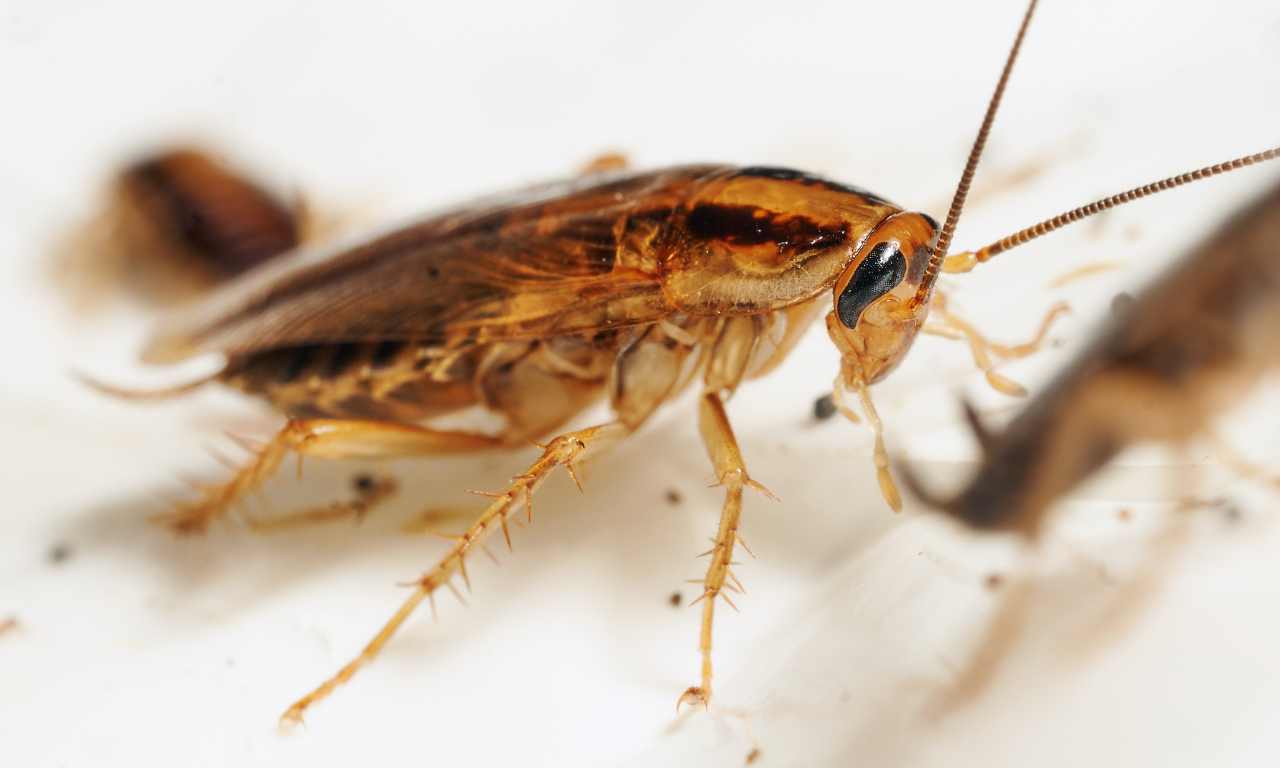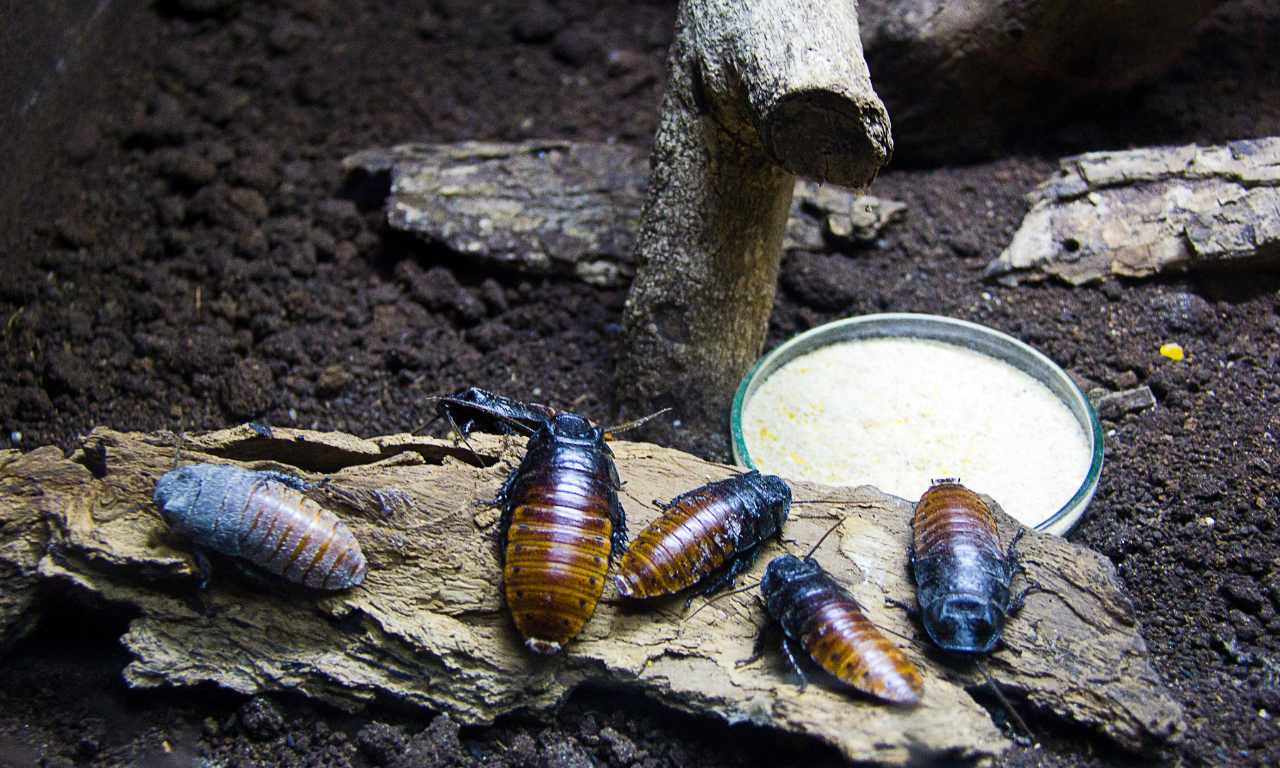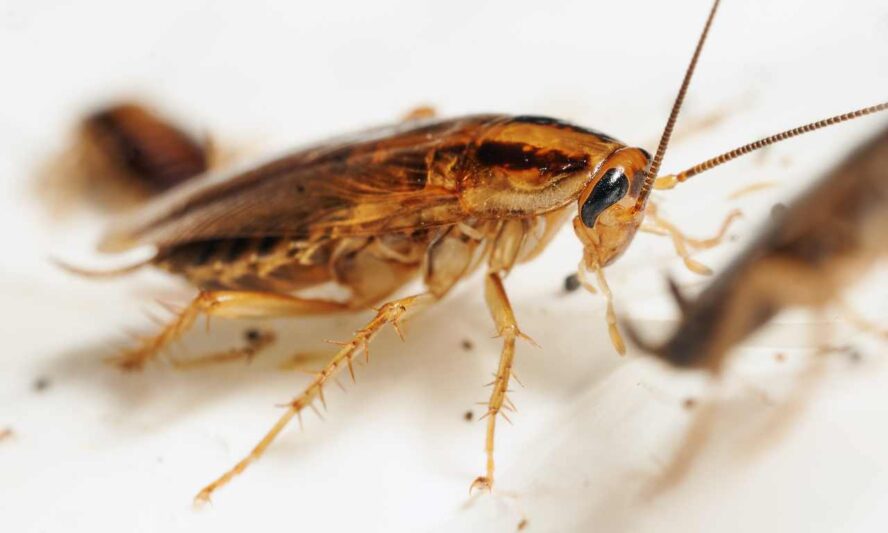
Cockroaches, with their million-year legacy, have shown remarkable adaptability and survival skills. However, the use of pesticides and destruction of habitats have led to a decline in their populations but can they go extinct?
It is highly unlikely that cockroaches will go extinct. Cockroaches are one of the most adaptable and resilient species on the planet, having existed for over 300 million years. They have survived numerous environmental changes, including multiple mass extinctions, and have a remarkable ability to adapt to new environments and food sources.
Why Cockroach Won’t Go Extinct?
Cockroaches have a number of survival adaptations, including a tough exoskeleton that protects them from predators and environmental stressors, and the ability to go without food and water for long periods of time. They can also tolerate a wide range of temperatures and humidity levels, making them well-suited to live in a variety of environments, from deserts to rainforests.
In addition, cockroaches have a rapid reproductive rate, which allows their populations to grow quickly and recover from losses. Female cockroaches can lay dozens of eggs at once, and their offspring can reach maturity in just a few months. This rapid reproduction allows cockroaches to quickly colonize new areas and establish large populations.
Despite efforts to control and eliminate cockroach populations through the use of pesticides and other methods, cockroaches remain a persistent and widespread presence in many parts of the world. This is due in part to their ability to quickly develop resistance to many common insecticides, making it difficult to eradicate them.
Another reason why cockroaches are unlikely to go extinct is that they play a crucial role in many ecosystems. They serve as important decomposers, breaking down dead plant and animal matter and returning nutrients to the soil. They also serve as a food source for many other species, including birds, reptiles, and other insects.
Given their resilience, adaptability, and importance in ecosystems, it is unlikely that cockroaches will go extinct in the near future. However, it is possible that populations of certain species of cockroaches could decline or disappear in specific regions due to habitat loss, pesticide use, or other factors.
How Many Cockroaches Are Left In The World?
It is not possible to accurately determine the number of cockroaches in the world. Cockroaches are highly abundant and widespread, and they can be found in a variety of habitats, from deserts to rainforests. They are also notoriously difficult to control and eliminate, making it challenging to accurately assess their populations.
Cockroaches belong to the order Blattodea, which contains over 4,000 species, with some of the most common species including the German cockroach, the American cockroach, and the Oriental cockroach. These species are found in homes, restaurants, hospitals, and other buildings all over the world, as well as in wild habitats.
Estimating the global population of cockroaches is difficult due to their elusive nature and ability to rapidly reproduce and colonize new areas. Cockroaches are nocturnal creatures that are active at night and often hide in cracks and crevices during the day, making it difficult to observe and count their populations. Additionally, their ability to quickly develop resistance to many common insecticides makes it challenging to control their populations and assess their numbers.
In addition to the difficulties in accurately counting cockroach populations, it is also important to note that the number of cockroaches in the world is constantly changing, as populations fluctuate in response to environmental conditions, food availability, and other factors. This dynamic nature of cockroach populations makes it even more challenging to determine the exact number of cockroaches in the world.
Given these challenges, it is not possible to accurately determine the number of cockroaches in the world. However, it is widely acknowledged that cockroach populations are abundant and that they are a persistent and widespread presence in many parts of the world. Despite efforts to control their populations, cockroaches continue to thrive and play an important role in many ecosystems.
What Will Happen If Cockroach Go Extinct?
 If cockroaches were to go extinct, it would have a significant impact on ecosystems and other species that depend on them. Cockroaches play a crucial role in many ecosystems as decomposers, breaking down dead plant and animal matter and returning nutrients to the soil. They also serve as a food source for many other species, including birds, reptiles, and other insects.
If cockroaches were to go extinct, it would have a significant impact on ecosystems and other species that depend on them. Cockroaches play a crucial role in many ecosystems as decomposers, breaking down dead plant and animal matter and returning nutrients to the soil. They also serve as a food source for many other species, including birds, reptiles, and other insects.
The loss of cockroaches as decomposers could have far-reaching effects on the health of ecosystems. Dead plant and animal matter would not be decomposed as efficiently, leading to a build-up of organic material and a decrease in soil fertility. This could have a cascading effect on the entire ecosystem, as other species that rely on the decomposition of organic material for their own survival would be affected.
In addition to their role as decomposers, cockroaches are also important members of the food chain, serving as a food source for many other species. The loss of cockroaches as a food source could have a ripple effect, as other species that rely on them for food would need to find alternative sources of nutrition. This could lead to declines in populations of these species, which could in turn affect the entire food chain and disrupt the balance of ecosystems.
Another impact of the loss of cockroaches would be on the populations of other insect pests. Cockroaches play a natural role in controlling the populations of other insect pests by preying on their eggs and young, and by competing with them for food and resources. Without cockroaches, the populations of these other pests could increase, leading to further declines in crop yields and increased use of pesticides.
Moreover, the loss of cockroaches could also have economic consequences. Cockroaches are known carriers of diseases, including salmonella and E. coli, and they can also cause structural damage to buildings by chewing on insulation and wallpaper. The elimination of cockroaches as pests would reduce the need for pest control measures and decrease the spread of diseases, which would have a positive impact on human health and the economy.
Can The World Survive Without Cockroaches?
The world can survive without cockroaches. However, the loss of cockroaches would likely have some significant impacts on ecosystems and other species, as cockroaches play important roles as decomposers and members of the food chain.
As decomposers, cockroaches break down dead plant and animal matter, returning nutrients to the soil and helping to maintain soil fertility. If cockroaches were to go extinct, other decomposer species, such as fungi and bacteria, could potentially take on their role, although the efficiency and effectiveness of these alternative decomposers might be different.
Over time, ecosystems would likely adjust and compensate for the loss of cockroaches as decomposers, but there could be short-term disruptions and changes in the balance of ecosystems.
As members of the food chain, cockroaches serve as a food source for many other species, including birds, reptiles, and other insects. The loss of cockroaches as a food source could have a ripple effect, as other species that rely on them for food would need to find alternative sources of nutrition.
This could lead to declines in populations of these species, which could in turn affect the entire food chain and disrupt the balance of ecosystems. However, other species could also take on the role of prey, and over time, the food chain would likely adjust and compensate for the loss of cockroaches.
Another impact of the loss of cockroaches would be on the populations of other insect pests. Cockroaches play a natural role in controlling the populations of other insect pests by preying on their eggs and young, and by competing with them for food and resources.
Without cockroaches, the populations of these other pests could increase, leading to further declines in crop yields and increased use of pesticides. However, other species, such as birds and other insects, could also take on the role of predators, and over time, the populations of other insect pests could be controlled by other means.
In terms of human health and the economy, the loss of cockroaches could also have some positive impacts. Cockroaches are known carriers of diseases, including salmonella and E. coli, and they can also cause structural damage to buildings by chewing on insulation and wallpaper.
The elimination of cockroaches as pests would reduce the need for pest control measures and decrease the spread of diseases, which would have a positive impact on human health and the economy.
In conclusion, while the world could survive without cockroaches, the loss of this species would likely have some significant impacts on ecosystems and other species. Over time, ecosystems would likely adjust and compensate for the loss of cockroaches, but there could be short-term disruptions and changes in the balance of ecosystems.
The elimination of cockroaches as pests could also have some positive impacts on human health and the economy, but these impacts would likely be outweighed by the negative impacts on ecosystems and other species.
Welcome to my blog. I have been doing pest control for years since my house, garden and pets were always attacked by various kinds of pests and as a result I had to know proper pest control techniques that works. In this blog I share all the tips and tricks that I know and I hope you’ll find it helpful.

